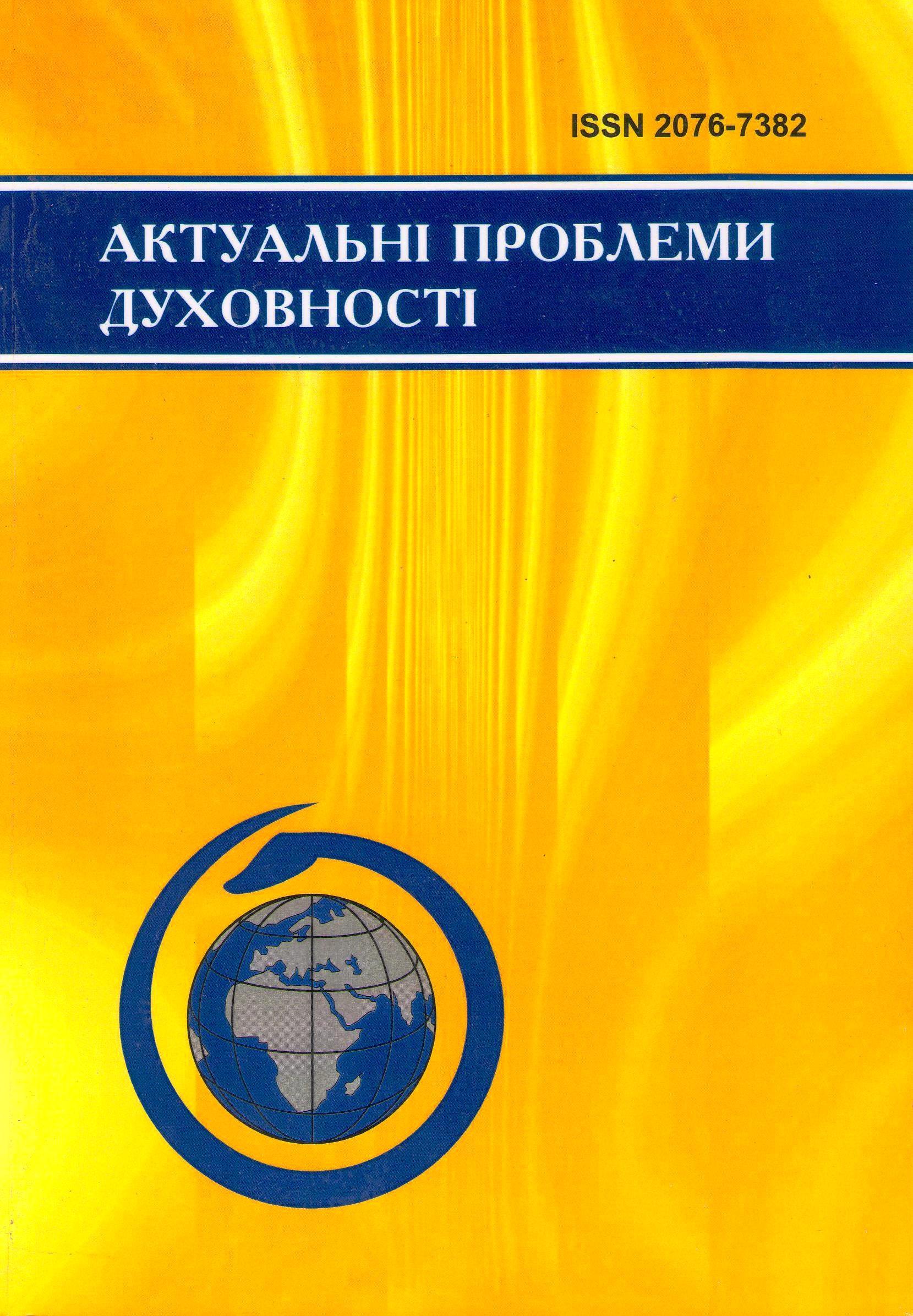Non-justificationism and the Negativist Legend about Karl Popper’s Philosophy
DOI:
https://doi.org/10.31812/apd.v0i21.3873Keywords:
critical rationalism, non-justificationism, reasons, revision, beliefAbstract
This paper discusses the meaning of non-justificationism as an important part of Karl Popper’s philosophy of critical rationalism and William Bartley’s philosophy of pancritical rationalism. Сonstruals and attempted developments of critical rationalism by David Miller and Alan Musgrave are analysed and critically evaluated. The case is made that Miller’s rejection of the relevance of reasons for rationality runs counter to Popper’s view and is not supported by Popper’s and Bartley’s non-justificationist arguments. Besides, it is untenable because rationality cannot be reduced to the validity of arguments plus truth-value attributing «decisions» but essentially involves weighing up reasons for and against available options. With respect to Musgrave’s construal of non-justificationism and critical rationalism as the view that believing a proposition is rational if the proposition best survives critical scrutiny, it is argued that it is vulnerable to the problem of the infinite regress of criticizers (positions with which the scrutiny is to be carried out). The case is made that Popper’s-Bartley’s non-justificationism is to be understood as the identification of rationality with the openness to critical discussion in the search for truth and the claim that such discussion does not require ultimate unrevisable foundations, although it necessarily involves positions that are accepted for the purposes of the argument at hand without being provided with justification. In the perspective of critical rationalism, such positions play the role similar to that of «immediate knowledge» of classical rationalism and empiricism; however, unlike the latter, they are considered as fallible, open to examination, and revisable.
Downloads
References
Bartley W. The Retreat to Commitment. — La Salle, Illinois: Open Court, 1984.
Bartley W. Unfathomed Knowledge, Unmeasured Wealth. — La Salle, Illinois: Open Court, 1990.
Law S. Philosophy Gym. — London: Headline Review, 2004.
Law S. The Great Philosophers. — London: Quercus, 2007.
Miller D. Critical Rationalism: A Restatement and Defense. — La Salle, Illinois: Open Court, 1994.
Miller D. Out of Error. Further Essays on Critical Rationalism. — Aldershot: Ashgate, 2006.
Musgrave A. Common Sense, Science and Scepticism. — Cambridge University Press, 2000.
Musgrave A. How Popper [Might Have] Solved the Problem of Induction // Philosophy. — 2004. — Vol. 79 (1). — P. 19-31.
Musgrave A. Critical Rationalism // E.Suárez-Iñiguez, ed., The Power of Argumentation. — Amsterdam/New York: Rodopi, 2007. — P. 171-211.
Musgrave A. Experience and Perceptual Belief // S. Parusnikova and R.S. Cohen (eds). Rethinking Popper. — Dordrecht: Springer Science and Business Media, 2009. — P. 5-19.
Notturno M. Science and the Open Society. — Central European University Press, 1999.
Papineau D. Review of Popper and After by David Stove // Times Literary Supplement. — 1983. — July 1.
Papineau D. Review of Knowledge and the Body-Mind Problem and The Myth of the Framework by Karl Popper // Times Literary Supplement. — 1995. — June 23.
Popper K. The Logic of Scientific Discovery. — London: Hutchinson, 1959.
Popper K. Conjectures and Refutations. — New York: Basic Books, 1962.
Popper K. Realism and the Aim of Science. — London: Hutchinson, 1983.
Popper K. In Search of a Better World. — London and New York: Routledge, 1992.
Stove D. Popper and After: Four Modern Irrationalists. — Oxford, New York: Pergamon Press, 1982.
Downloads
Published
Issue
Section
License
Copyright (c) 2020 Dmytro Sepetyi

This work is licensed under a Creative Commons Attribution 4.0 International License.





